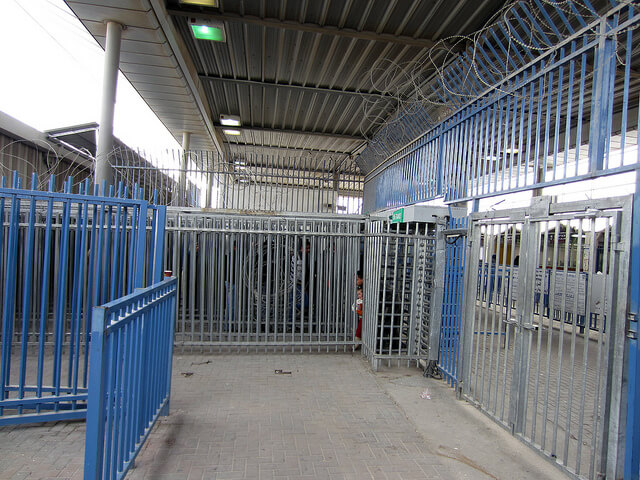I was one of the politically active students at the Orthodox Jewish school I attended from prep to Year 12. Many of the students who were vocal about politics tended to be centrist or right-wing, claiming this was because centre-right governments were better, and safer, for Jews. I saw myself differently. I went to protests about human rights and animal rights and I wrote letters to the editors of newspapers about LGBT+ issues. In my mind, these were left-wing causes. I felt passionately about the treatment of First Nations peoples and other peoples facing occupation and oppression, except for one: Palestinians. In that way, I was just like the centrist and right-leaning members of my community.
From a young age, I was taught about the Jewish exodus while the 1948 Palestinian exodus and Nakba was erased. We weren’t taught about any trace of solidarity between Jews and Arabs. My school taught us about Jewish laws, commandments and values alongside what was described as a love for the State of Israel. This love was decontextualised from historic facts and evidence, requiring individuals to go on their own pathways of learning, much like non-Indigenous people in Australia having to relearn history after a predominantly racist schooling experience and childhood. Not many chose to take this journey, unfortunately, including those who considered themselves progressive.
Jewish people who consider themselves progressive or ‘liberal’ often have left-wing views on Australian and international politics with the exception of Israel/Palestine. This is also common among non-Jewish progressives. I just didn’t have a name for it. I finally found it in my thirties, in Angela Davis’ 2016 book, Freedom is a Constant Struggle: Ferguson, Palestine and the Foundations of a Movement, where she quotes Rebecca Vilkomerson’s description of people in the US who are ‘progressive except for Palestine’.
Read the article by Roz Bellamy in Overland.

